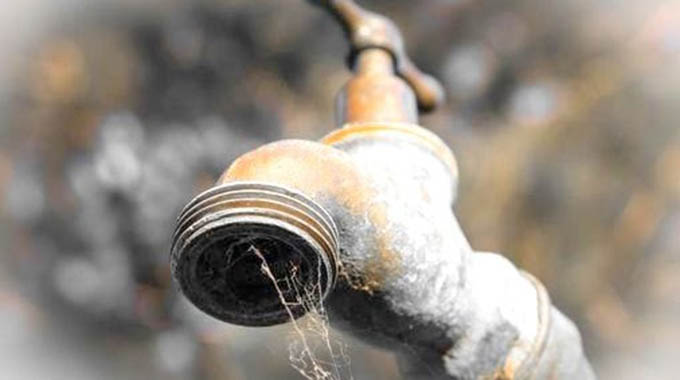Source: Western suburbs run dry | The Herald
Municipal Reporter
Western suburbs in Harare had dry taps over the past few days with the local authority blaming a pipe burst and a leak.
A snap survey carried out by The Herald showed that areas like Warren Park, Kuwadzana Extension, Dzivaresekwa and Tynwald had no water supplies since Tuesday.
Harare City Council spokesperson Mr Michael Chideme yesterday said the water shortage was caused by some faults which have since been rectified.
Mr Chideme said Tynwald North close to Sanganai Inn was affected due to an unseen burst which was then located in a stream.
“Due to demand management from Tuesday afternoon to Thursday afternoon they don’t receive water, but the leak has since been fixed and tomorrow (today) afternoon they will receive their portion.
“Kuwadzana Extension also had challenges on the reservoir float valve which has since been partially fixed and residents are now receiving water,” he said.
A Warren Park resident Mr Divine Takwanhira said council should improve its communications when there are faults.
“We had no water since Tuesday morning and the worst part is each time there is a problem the council never communicates with us, inconveniencing us along the way,” he said.
“Imagine I had to fork out some money to buy water from a resident with a personal water tank.”
A Kuwadzana resident, Mr Arnold Jinga, said water shortages had become normal in the area.
“We are no longer worried about water shortages, we are used to that. There is not a single week that passers-by without having water cuts,” he said.
Last month, more than three million people in Harare Metropolitan province spent two days with dry taps as Zesa Holdings switched off power to Harare’s major supplying water treatment plant, Morton Jaffray, over a debt of more than $1 billion.
Morton Jaffray water treatment plant feeds Harare, Chitungwiza, Norton, Ruwa and Epworth local authorities and stopped operating, exposing residents to risk of diseases such as cholera, diarrhoea, typhoid and dysentery as they resorted to unsafe water sources.
Newer Post
Mat North residents embrace mass vaccination Older Post
President speaks on SA unrest 
COMMENTS